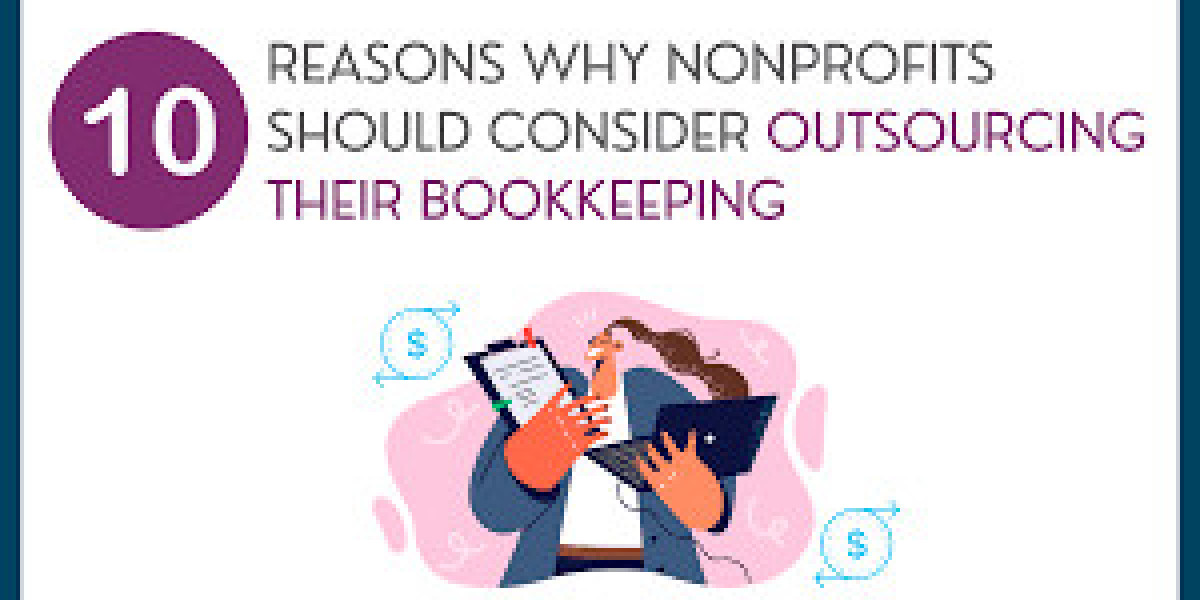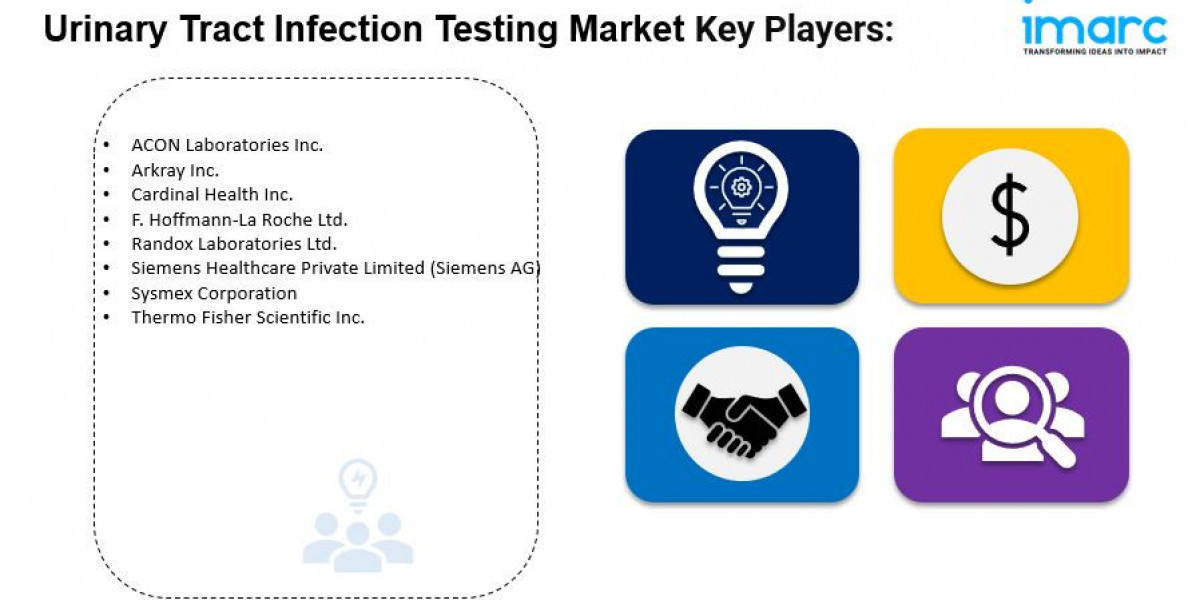In the nonprofit world, every penny counts — and every minute spent on administration is one less minute spent on your mission. That’s why many organizations are turning to outsourced bookkeeping for nonprofits as a smart, scalable solution to manage finances without draining resources.
What Is Outsourced Bookkeeping for Nonprofits?
Outsourced bookkeeping is the process of hiring an external service or team to handle your nonprofit's financial recordkeeping. This includes tasks like:
Recording transactions
Reconciling bank accounts
Tracking income and expenses
Preparing financial reports
Assisting with budgeting and audits
Instead of hiring a full-time bookkeeper, nonprofits partner with a specialized provider — often virtually — to manage these tasks with accuracy, compliance, and cost-efficiency.
Why Bookkeeping Is Critical for Nonprofits
Nonprofit organizations have unique financial needs. In addition to managing everyday expenses, they must track donations, grants, restricted funds, and comply with strict reporting requirements for transparency and accountability.
Poor bookkeeping can lead to:
Inaccurate financial reports
Loss of donor or grantor trust
IRS penalties or revoked tax-exempt status
Difficulty passing audits or securing new funding
That’s why reliable, nonprofit-specific bookkeeping isn’t optional — it’s essential.
Benefits of Outsourced Bookkeeping for Nonprofits
Outsourcing bookkeeping offers significant advantages over in-house options, especially for small to mid-sized nonprofits.
1. Cost Savings
Hiring, training, and managing a full-time bookkeeper can be expensive. Salaries, benefits, software, and overhead costs add up quickly. Outsourcing allows you to pay only for the services you need — often at a fraction of the cost.
💡 Example:
A nonprofit might spend $60,000 annually on a full-time bookkeeper, while outsourced services could cost between $500 to $2,500 per month depending on complexity — saving thousands per year.
2. Access to Nonprofit Financial Experts
Outsourced bookkeeping firms often specialize in nonprofit accounting and understand:
Fund accounting
Grant tracking and reporting
IRS Form 990 preparation
Donor and membership reporting
Compliance with FASB and GAAP standards
This level of expertise is hard to find in a single hire but comes standard with many outsourced providers.
3. Improved Accuracy and Compliance
Professional bookkeeping services implement standardized processes, error-checking tools, and compliance checklists — reducing the risk of mistakes and ensuring you stay audit-ready year-round.
4. Scalable Services
Outsourcing gives you the flexibility to scale up or down as your organization grows or faces seasonal changes (like year-end appeals or grant cycles). You can increase support during busy times and reduce it during slower periods — without hiring or firing staff.
5. Better Financial Reporting and Decision-Making
Accurate, timely financial reports are critical for:
Board meetings
Donor and grantor communications
Annual audits
Strategic planning
A professional bookkeeper ensures you always have access to up-to-date, actionable financial data that helps guide smart decisions.
What Does an Outsourced Bookkeeping Service Include?
While services vary by provider, most outsourced bookkeeping for nonprofits includes:
✅ Transaction Recording
Accurate categorization of all income and expenses — including donations, grants, program income, and operational costs.
✅ Bank and Credit Card Reconciliation
Ensuring your financial statements match your bank activity, avoiding discrepancies and errors.
✅ Financial Reporting
Monthly or quarterly reports like profit & loss (income statement), balance sheet, cash flow statements, and customized board reports.
✅ Grant and Fund Tracking
Proper management of restricted vs. unrestricted funds to maintain compliance with donor/grantor requirements.
✅ Audit Preparation
Organizing records and preparing schedules to support your annual audit or IRS Form 990 filing.
✅ Budget Support
Assistance with annual budgeting and monitoring actuals vs. budget throughout the year.
Signs It’s Time to Outsource Your Bookkeeping
You may benefit from outsourced bookkeeping if:
You're spending too much time on financial admin
Your books are behind or disorganized
You're preparing for an audit or filing Form 990
You’re applying for grants that require accurate reporting
Your current bookkeeper lacks nonprofit experience
You want to reduce overhead without sacrificing quality
How to Choose the Right Outsourced Bookkeeping Partner
Not all bookkeeping services are created equal. Look for a provider that:
🧩 Specializes in Nonprofit Accounting
They should understand fund accounting, 990s, and donor restrictions.
🔒 Uses Secure, Cloud-Based Tools
Make sure they offer encrypted, real-time access to your financial data.
📊 Provides Customized Reporting
Can they tailor reports to your board or funder requirements?
🤝 Offers Dedicated Support
You should have a consistent point of contact — not a new person every month.
📣 Has References or Case Studies
Ask for testimonials from other nonprofits they’ve worked with.
Common Tools Used in Outsourced Bookkeeping
Outsourced providers typically use modern cloud-based accounting software like:
QuickBooks Online (Nonprofit Edition)
Xero
Sage Intacct
Bill.com
Gusto (for payroll)
Donor management integrations (e.g., Bloomerang, Kindful, or Salesforce NPSP)
These tools allow for seamless collaboration and real-time financial visibility.
Final Thoughts
Outsourced bookkeeping for nonprofits is more than a convenience — it’s a strategic advantage. It helps organizations reduce costs, stay compliant, and make informed financial decisions, all while focusing more time and energy on their mission.
Whether you’re a small community nonprofit or a growing organization managing multiple grants and programs, outsourcing can give you the confidence and clarity you need to thrive financially — and make a bigger impact.








